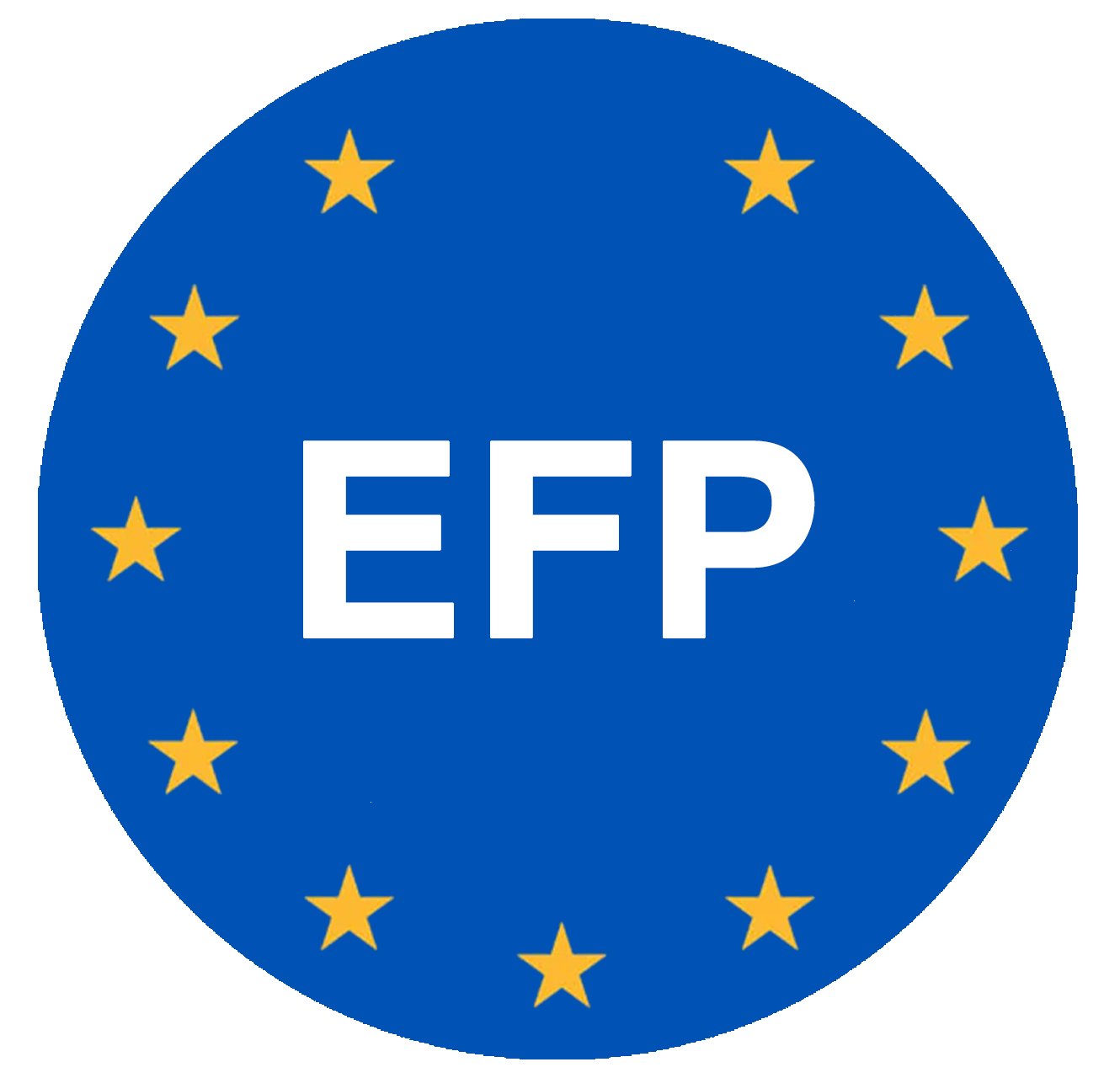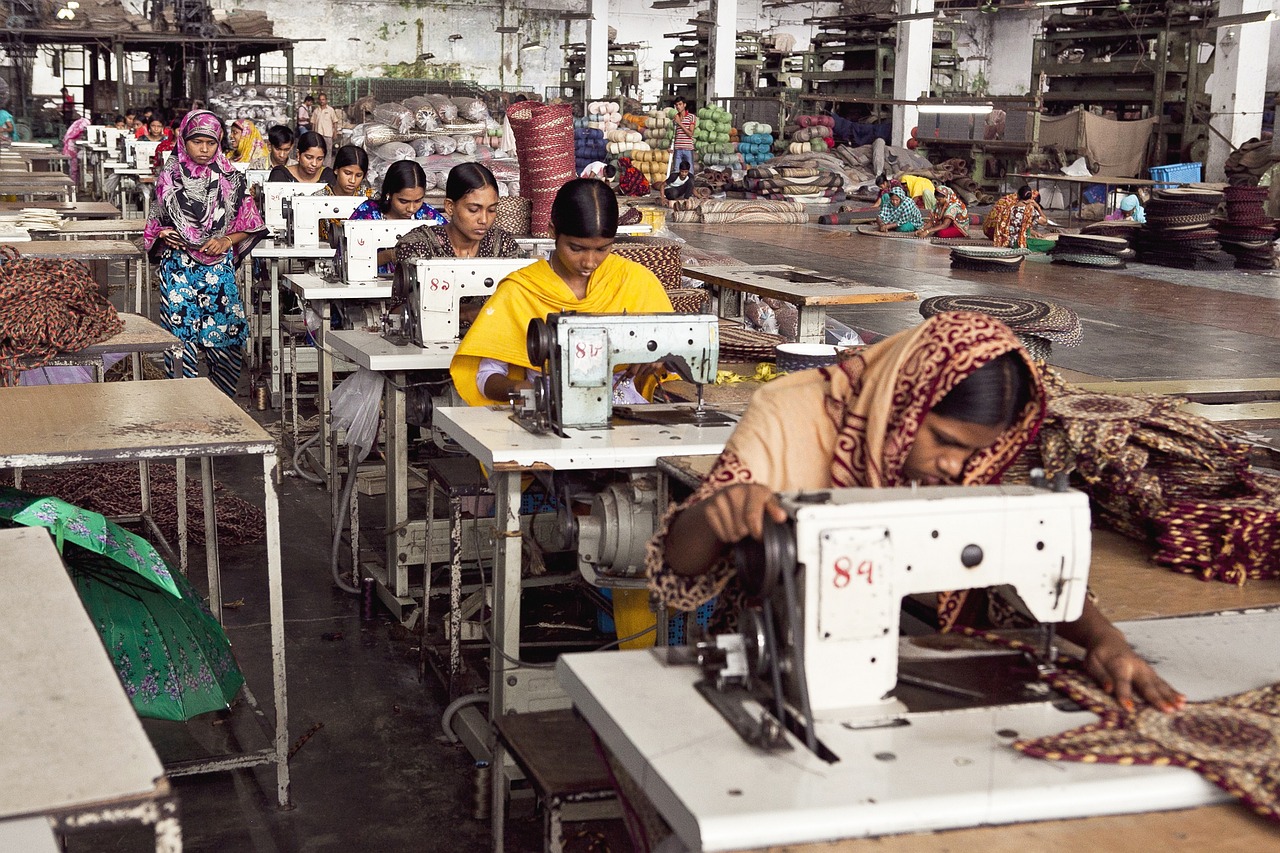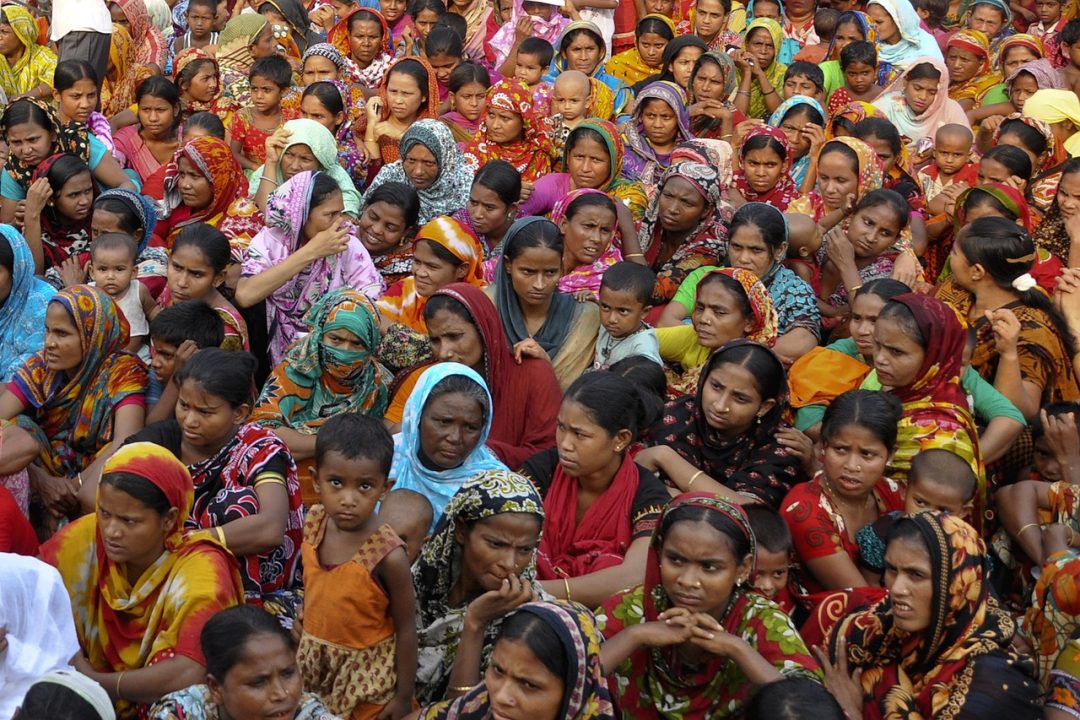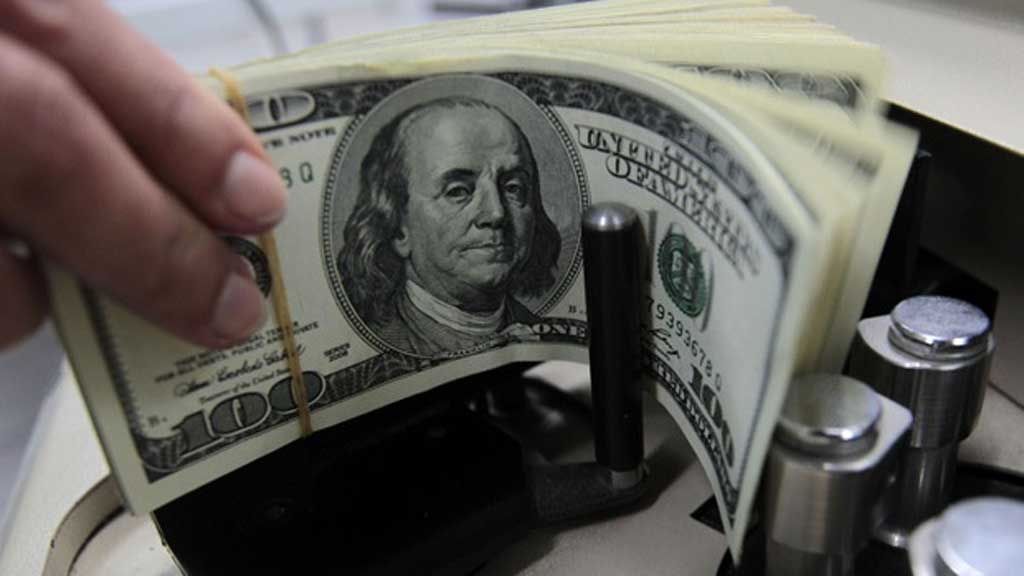Bangladesh’s economic growth is projected to be steady and increase slightly in the next two fiscal years, the World Bank has forecast in its latest Global Economic Prospects report.
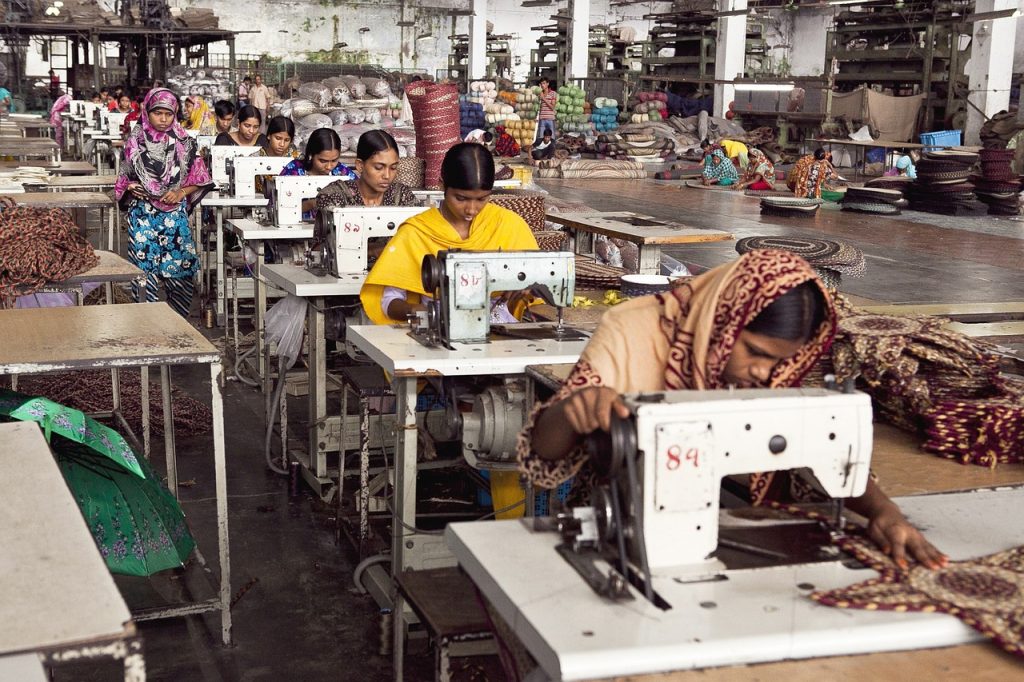
The global lender has kept its forecast of growth in the outgoing fiscal year unchanged at 5.6 percent in the report published on Tuesday.
But in FY25, the GDP growth of the country will increase slightly to 5.7 percent, and it will be 5.9 percent in FY2025-26, the report said.
In addition to an increase in private consumption because of easing inflation, the implementation of large investment projects will support a pickup in overall investment, according to the World Bank.
It said shortages of inputs and imported goods are expected to ease gradually.
A more flexible exchange rate policy is envisaged to help increase remittance inflows and reduce balance of payments pressures.
But in FY24 ending on Jun 30, government consumption and investment have supported activity, while elevated inflation has dampened real wage growth and the purchasing power of households, and weighed on private consumption, the World Bank said.
Additionally, higher borrowing costs have weighed on demand while high levels of non-performing loans in the banking sector dampened investor confidence, it added.
